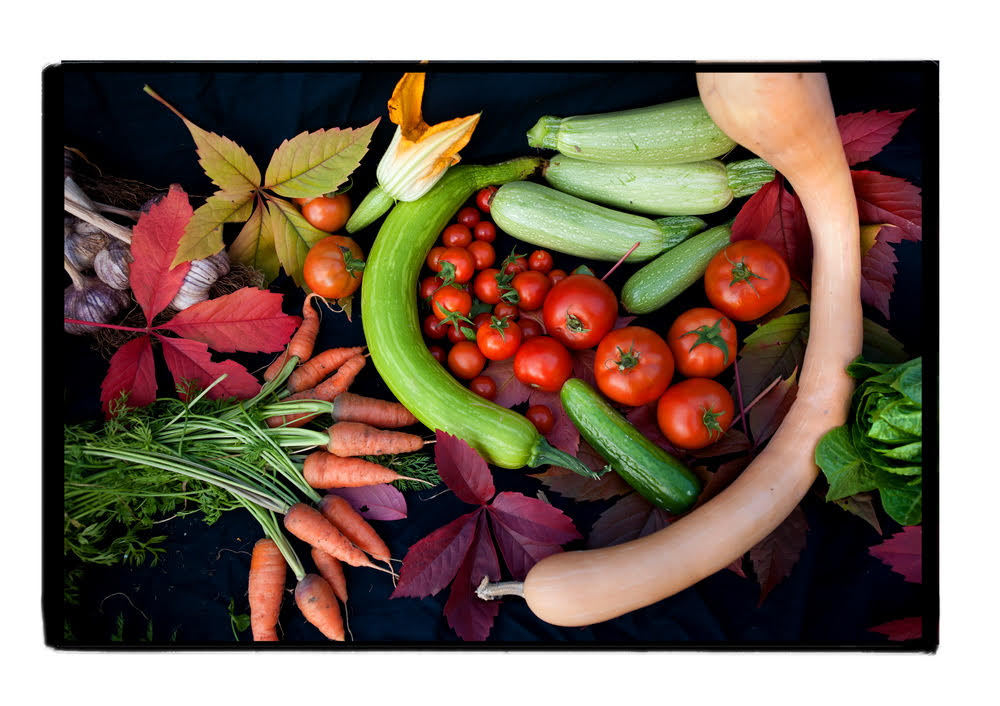Sandy Scheltema
In these extraordinary times when we must stay at home and cancel everything except our commitment to our common humanity, many of us are finding solace in growing food.
To dig the soil, plant seeds, tend to and nurture a garden can bring great joy and calmness, and seeing something growing from what you’ve planted can be very empowering.
In the past few weeks, I swapped zucchini for jars of pickles, red cabbage for sauerkraut, tomatoes for a box of plums and a box of vegetables for repaying someone’s help with my computer. Excess produce is great to barter, or to just give away to someone who may need it. Wandering around your garden to harvest produce, and cooking that wonderful fresh homegrown produce, is extremely satisfying and a great distraction from coronavirus news.
If you don’t have any garden beds ready and want to start small, an easy way to have some fresh greens in about six weeks is to find some polystyrene boxes (often available at fruit and veggie stores), fill them with good quality potting mix or good rich soil, plant some mixed lettuce seedlings or seeds, pop them in a spot with at least six hours of sun, water daily, and soon you will be harvesting the outside leaves. Don’t pick the whole plant as it will keep growing as you pick the larger leaves. I do this in an old wheelbarrow on my north-facing veranda, so I don’t have to go out in the garden to pick the lettuce for the sandwiches for school lunches in the morning rush. If your soil is not great, give them a feed every couple of weeks with a seaweed fertiliser.
If you have a bit more space to plant in beds that have suitable soil, plant leafy greens like silver beet, bok choy and kale and wombok cabbage now. Again, you can harvest the outside leaves as the plants grow without pulling out the whole plant. Cut and come again spring onions can be grown from the roots that you cut off the bottom of the plants you buy to eat, just keep planting them each time you eat them.
If your soil needs improvement and you don’t have any good compost or rotted manure at home, you can buy a wonderful mix of mushroom compost, sandy loam and mulch from Kyneton Garden Supplies and add it to your garden beds, mixing it through the top layer of soil before planting.
For those of you who have lots of space, and beds with well-prepared soil, seeds or seedling you can plant now are: carrots, kale, onions, leeks, garlic, cauliflower, broccoli, cabbage, bokchoy, silver-beet, radish, broad beans, coriander and thyme. Only grow what you like to eat and are likely to cook.
And if you think those white butterflies you see flitting around your garden are harmless, think again! If you don’t protect your brassicas with a fine net, they will lay eggs that will hatch and eat your plants.
Some seedlings can be hard to find. Ask around, try calling different places, join a local gardening group on Facebook. I have managed to find most I need to plant now. Growing from seed is also an option (except for carrots and peas, which like to be direct sown). Make sure you use a good quality seed-raising mix and keep it moist until germination.
So if the coronavirus is worrying you and getting you down, head outside, get your hands dirty and grow some food.
Sandy Scheltema is a photographer and keen gardener. As photography work has dried up due to the virus, she has taken to gardening with a renewed passion!
www.sandyscheltema.com








